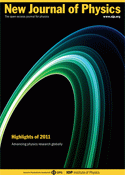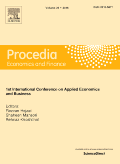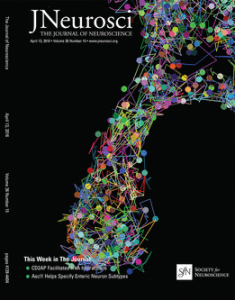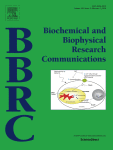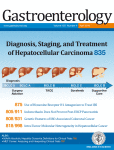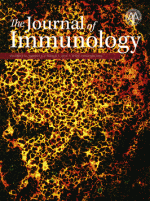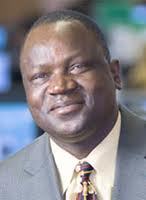 A pair of Duke researchers who each have more than 10 retractions have earned some more.
A pair of Duke researchers who each have more than 10 retractions have earned some more.
Both of the newly retracted papers — originally published in 2012 by PLOS ONE — list Erin Potts-Kant as a co-author; one includes her former supervisor, Michael Foster, as lead author. The pair has since left Duke (Potts-Kant was arrested for using school credit cards to shop at the likes of Target, and Foster retired). The reason provided for these retractions will be familiar to anyone who’s been following their case — there were “concerns about the reliability” of the data.
By our count, Potts-Kant now has 14 retractions, making her one of the few women to hold a position on our leaderboard.
Here’s the retraction notice for “Iron Supplementation Decreases Severity of Allergic Inflammation in Murine Lung,” a paper that lists both Foster and Potts-Kant as authors:
Continue reading Duke pulmonary researcher up to 14 retractions, putting her on our leaderboard
